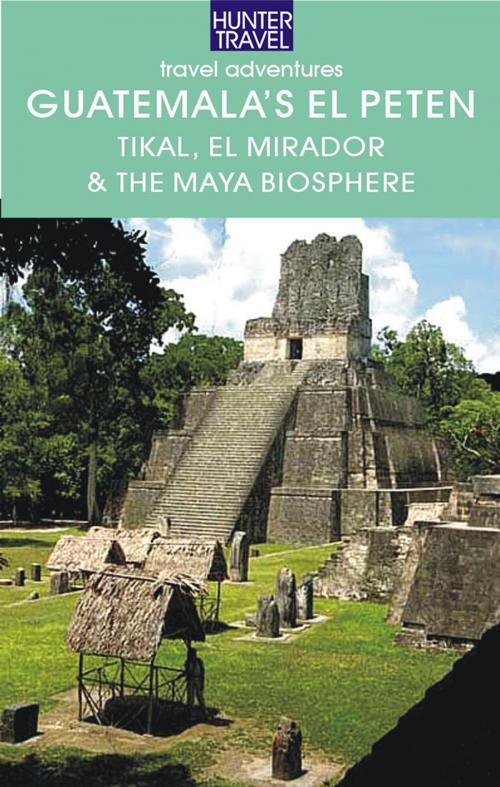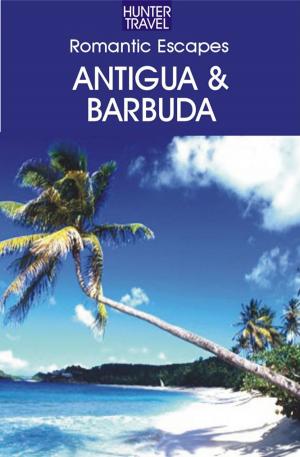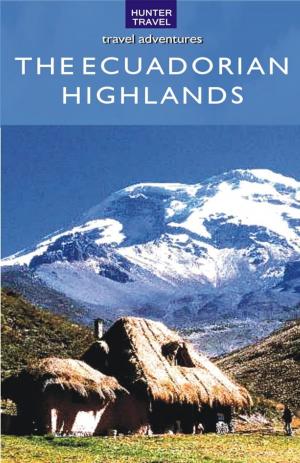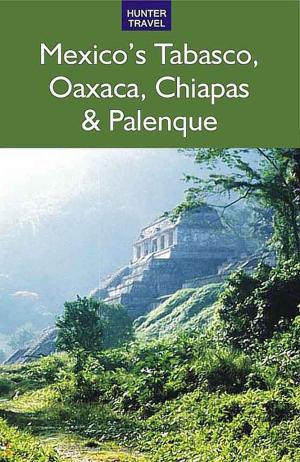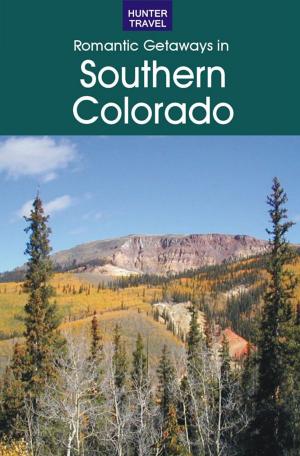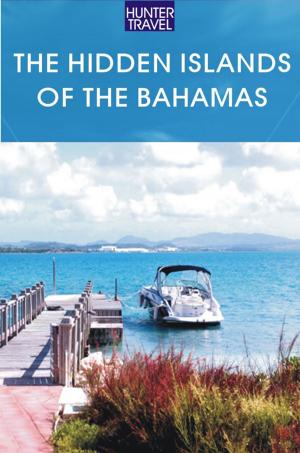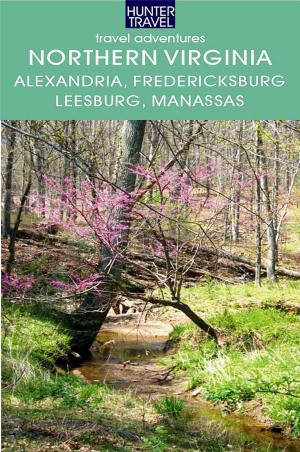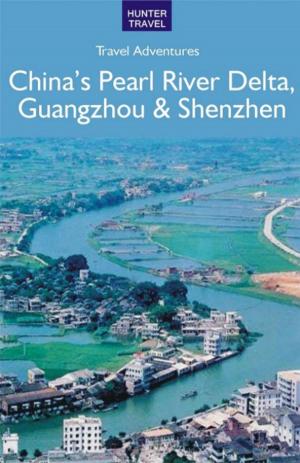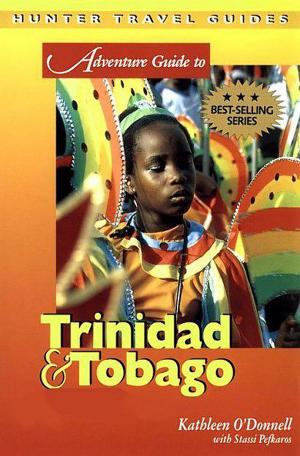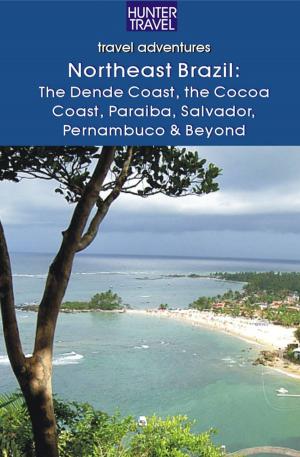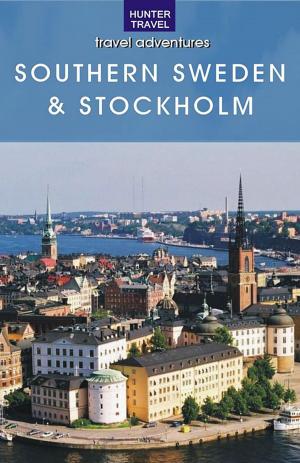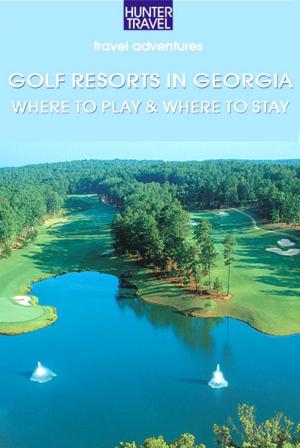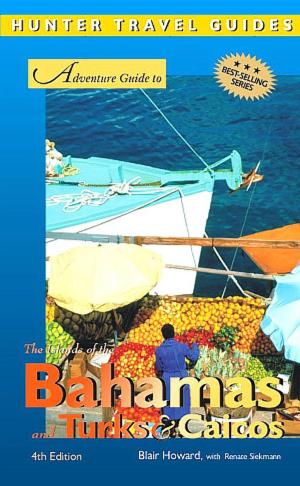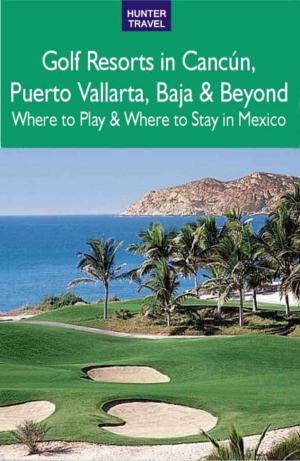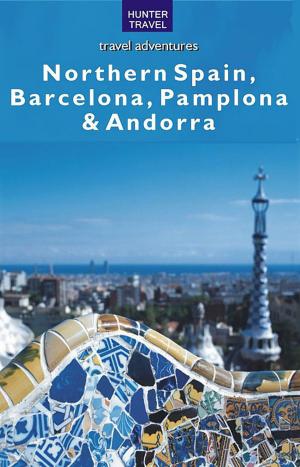Guatemala's El Petén: Tikal, El Mirador & the Maya Biosphere
Nonfiction, Travel, Caribbean & Latin America, Central America, Reference| Author: | Shelagh McNally | ISBN: | 9781588439468 |
| Publisher: | Hunter Publishing, Inc. | Publication: | January 8, 2012 |
| Imprint: | Hunter Publishing | Language: | English |
| Author: | Shelagh McNally |
| ISBN: | 9781588439468 |
| Publisher: | Hunter Publishing, Inc. |
| Publication: | January 8, 2012 |
| Imprint: | Hunter Publishing |
| Language: | English |
Guatemala is a feast for explorers looking for new experiences. El Petén is considered Guatemala's last wilderness frontier, an area famous for lost Maya cities and impenetrable forests. It is a vast region encompassing rainforests, savannas, wetlands and archeological ruins. Once inhabited by several million people, El Petén Valley was the center of the Maya civilization for centuries. Over 2,000 plant species have been identified here, along with six species of cedar and four species of palm trees. Fifty-four mammal species include the howler monkey, spider monkey, anteater, three-toed sloth, armadillo, brown coati, paca, ocelot, jaguarundi, jaguar, Baird's tapir, white-lipped peccary and white-tailed deer. Over 350 species of birds have been identified, among them the red macaw, scarlet macaw, jaribu stork, crested eagle, and ocellated turkey. There is so much offered in the Petén that you could easily spend a few months exploring the whole region. El Petén is the most northern and largest of the departments sharing a western border with Chiapas, Mexico; a northern border with Campeche, Mexico; and an eastern border with Belize. It is a vast area filled with savannas, swamps, tropical jungles and ancient Maya ruins. In fact, the largest temples and cities are found here. El Petén remains the least populated region. The Maya Biosphere Reserve was created in 1990 to prevent destruction of the rainforest here. El Petén's capital city is Flores, located on an island in the middle of Lake Petén. It serves as the jumping-off point for visiting various ruins, including the famous Tikal National Park, Uaxactún, Dos Pilas and Ceibal. This fantastic guidebook is based on our larger guide to all of Guatemala. Here, we focus on the most fascinating, and largest, region of the country - El Petén. We take you from fiery volcanoes to historic churches dating back to the 1600s. You can sail on the beautiful lakes, raft the rivers, hike to Maya ruins, or take a bike tour. In-depth details on the culture, traditions and how to travel with respect for the country and its welcoming people. With the author s expert advice, you'll find excellent eateries, locally made crafts and family-run B&Bs. Pictures throughout. Maps. Shelagh McNally is a Canadian writer who went to Mexico in 1997 with her daughter for a few months and ended up staying. She has been exploring Guatemala since 1998. She has written for a number of publications and travel websites in Canada, England, United States and Mexico, including Fodor's and the Miami Herald.
Guatemala is a feast for explorers looking for new experiences. El Petén is considered Guatemala's last wilderness frontier, an area famous for lost Maya cities and impenetrable forests. It is a vast region encompassing rainforests, savannas, wetlands and archeological ruins. Once inhabited by several million people, El Petén Valley was the center of the Maya civilization for centuries. Over 2,000 plant species have been identified here, along with six species of cedar and four species of palm trees. Fifty-four mammal species include the howler monkey, spider monkey, anteater, three-toed sloth, armadillo, brown coati, paca, ocelot, jaguarundi, jaguar, Baird's tapir, white-lipped peccary and white-tailed deer. Over 350 species of birds have been identified, among them the red macaw, scarlet macaw, jaribu stork, crested eagle, and ocellated turkey. There is so much offered in the Petén that you could easily spend a few months exploring the whole region. El Petén is the most northern and largest of the departments sharing a western border with Chiapas, Mexico; a northern border with Campeche, Mexico; and an eastern border with Belize. It is a vast area filled with savannas, swamps, tropical jungles and ancient Maya ruins. In fact, the largest temples and cities are found here. El Petén remains the least populated region. The Maya Biosphere Reserve was created in 1990 to prevent destruction of the rainforest here. El Petén's capital city is Flores, located on an island in the middle of Lake Petén. It serves as the jumping-off point for visiting various ruins, including the famous Tikal National Park, Uaxactún, Dos Pilas and Ceibal. This fantastic guidebook is based on our larger guide to all of Guatemala. Here, we focus on the most fascinating, and largest, region of the country - El Petén. We take you from fiery volcanoes to historic churches dating back to the 1600s. You can sail on the beautiful lakes, raft the rivers, hike to Maya ruins, or take a bike tour. In-depth details on the culture, traditions and how to travel with respect for the country and its welcoming people. With the author s expert advice, you'll find excellent eateries, locally made crafts and family-run B&Bs. Pictures throughout. Maps. Shelagh McNally is a Canadian writer who went to Mexico in 1997 with her daughter for a few months and ended up staying. She has been exploring Guatemala since 1998. She has written for a number of publications and travel websites in Canada, England, United States and Mexico, including Fodor's and the Miami Herald.
